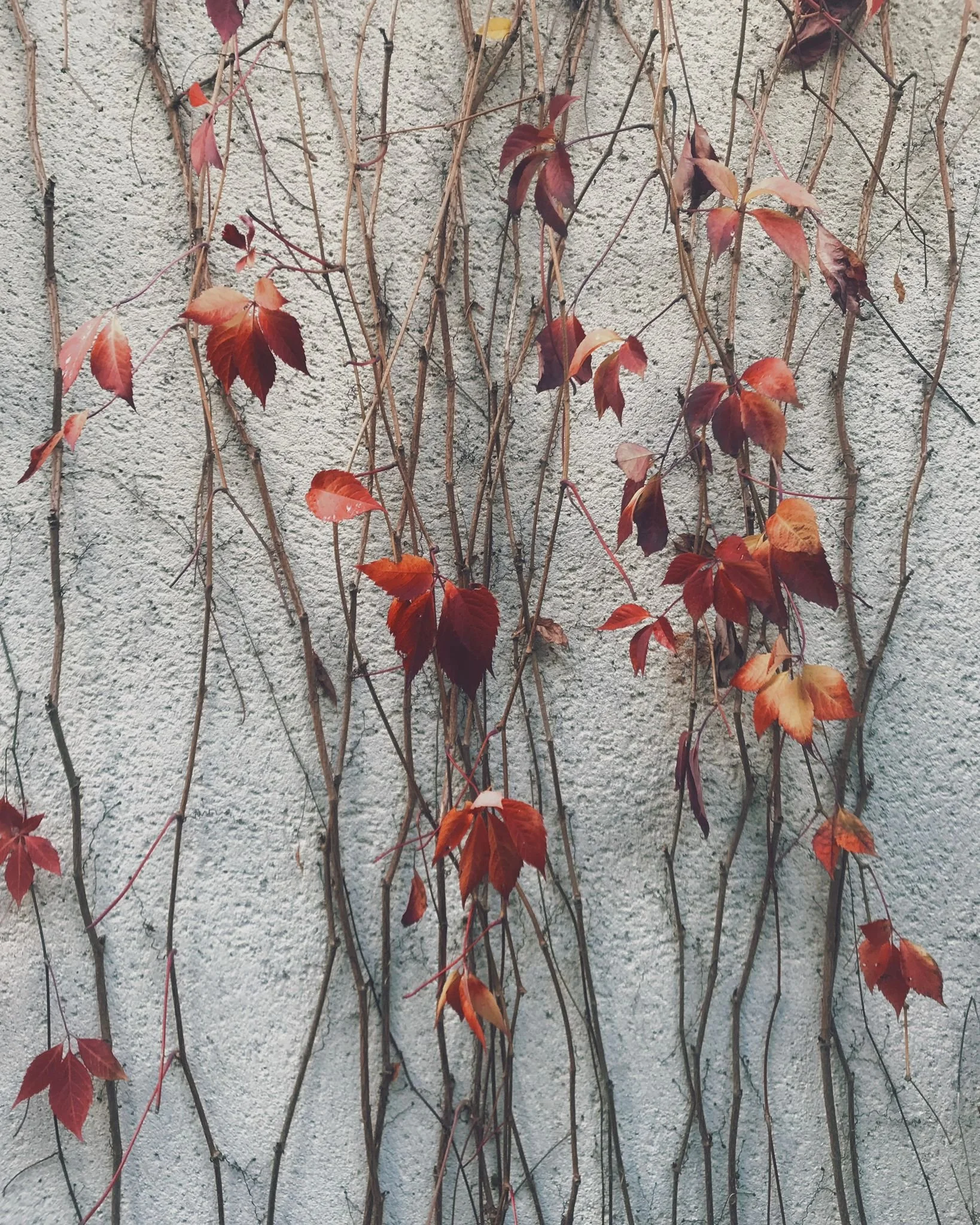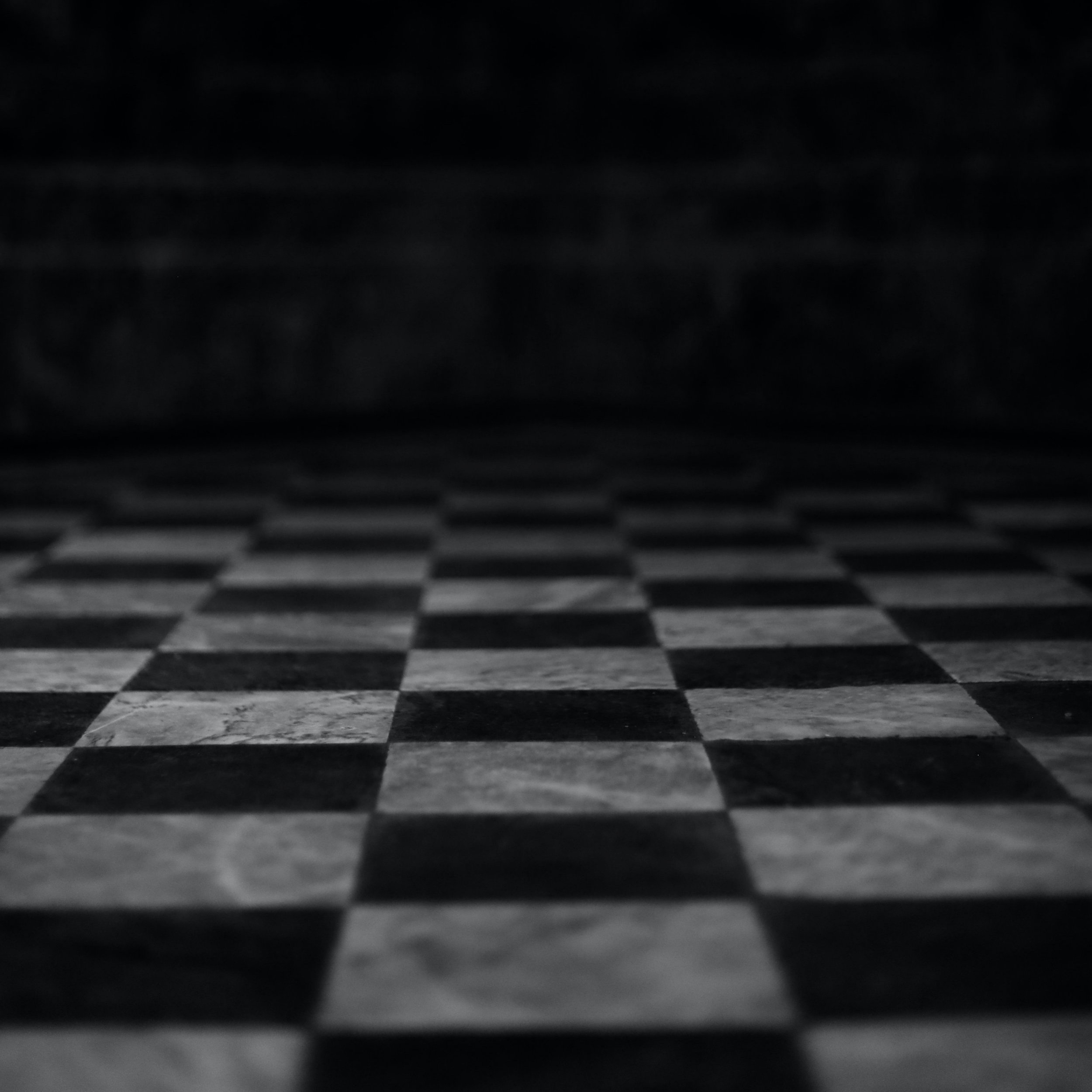The astonishing thing for me is that a bunch of strangers come together, and when they enter the room at BST they turn into friends. What is really not happening, is promotion or selling of one´s own ideas trying to make a point. This does not happen at BST. Everyone is focused on stories. And this makes it unique.
Petra Sammer
There are many ways to organize and curate conferences. And Beyond Storytelling does indeed call itself a conference. But there are a few things that set BST apart from traditional conferences, in which one-to-many interaction often take the best part of the program.
From our point of view – and inspired by our long-time involvement with other conferences, especially the Berlin Change Days – BST is a beautiful hybrid of different formats, with the aim to create a space in which learning from and with each takes center stage.
We invite and host carefully curated content: workshops, key notes and late stages. Content and contributions we selected to reflect the diversity of working with story around the theme of power.
Yet, we also offer open sessions in which participants and contributors can propose spontaneous sessions and invite other to create together, to explore and present interesting themes and topics. We believe that this balance is at the heart of what people describe as a powerful community experience.
And then there is our learning journey. Hosted and facilitated by the BST core team, it is a string of dialoge formats, small interventions and moments of reflection that foster networking, community building and the communal learning space that we are so proud of.
This year, we team up with Meike Ziegler to invite a special element into the learning journey: the power of ritual. Last week, I had the privilege to visit her in her studio in Berlin and talk about her work, creative rituals and her contribution to the BST learning journey. Enjoy!






